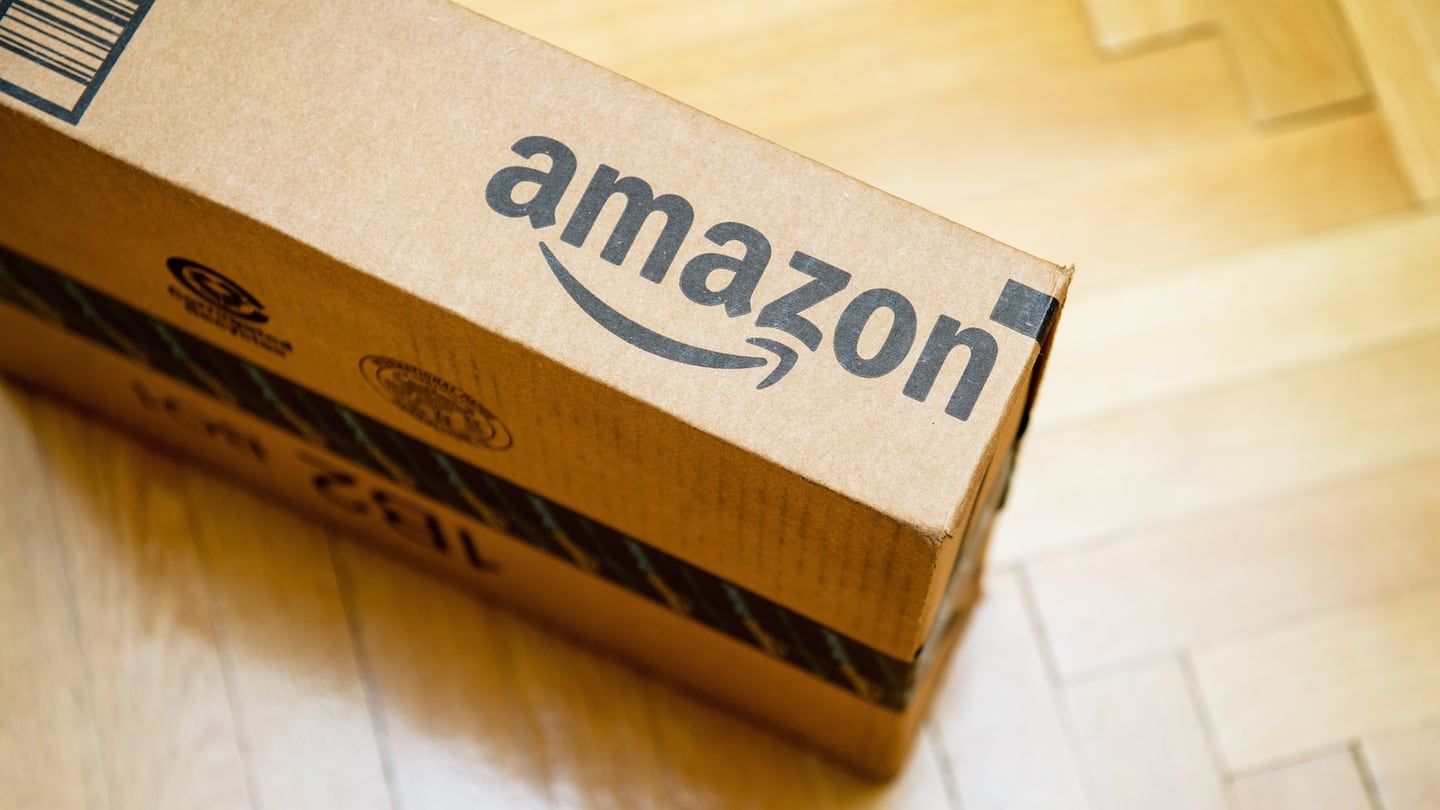
The Business of Fashion
Agenda-setting intelligence, analysis and advice for the global fashion community.

Agenda-setting intelligence, analysis and advice for the global fashion community.

SHANGHAI, China — Amazon will open a store on Chinese e-commerce platform Pinduoduo on Monday, a source familiar with the matter said, in a sign of how the U.S. firm's China strategy is evolving after it shut its own online store in the country.
Amazon closed its Chinese marketplace in July, having found it difficult to gain traction in the face of intense competition from entrenched, home-grown rivals like Alibaba Group Holding's Tmall marketplace and JD.com.
It said at the time it would increase its focus on selling goods from abroad to Chinese buyers via its global platform. It also has a Kindle store on Tmall.
Alibaba and JD.com have traditionally dominated China's e-commerce market but that status quo was recently disrupted by four-year-old Pinduoduo, which is popular with China's lower-tier city residents.
ADVERTISEMENT
The source said Amazon's Pinduoduo store would carry goods from overseas.
A spokesman for Pinduoduo declined to comment. Amazon did not immediately respond to a request for comment.
Pinduoduo, which woos customers with deep discounts and group buying deals, suffered an $11 billion slump in value last week after it posted a much wider-than-expected quarterly loss that stemmed from its efforts to fight its rivals with heavy subsidies.
By: Brenda Goh; Editors: Jonathan Weber and Mark Potter
Antitrust enforcers said Tapestry’s acquisition of Capri would raise prices on handbags and accessories in the affordable luxury sector, harming consumers.
As a push to maximise sales of its popular Samba model starts to weigh on its desirability, the German sportswear giant is betting on other retro sneaker styles to tap surging demand for the 1980s ‘Terrace’ look. But fashion cycles come and go, cautions Andrea Felsted.
The rental platform saw its stock soar last week after predicting it would hit a key profitability metric this year. A new marketing push and more robust inventory are the key to unlocking elusive growth, CEO Jenn Hyman tells BoF.
Nordstrom, Tod’s and L’Occitane are all pushing for privatisation. Ultimately, their fate will not be determined by whether they are under the scrutiny of public investors.